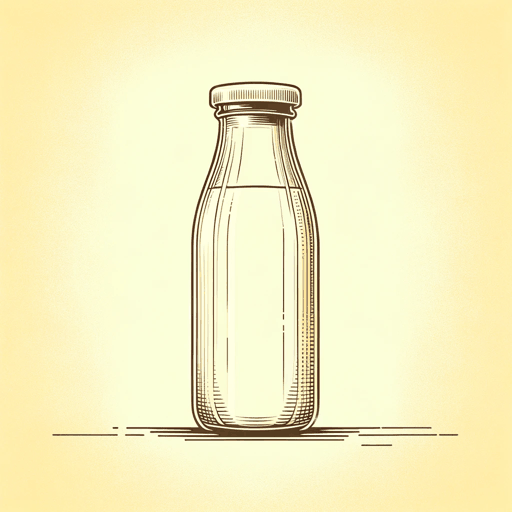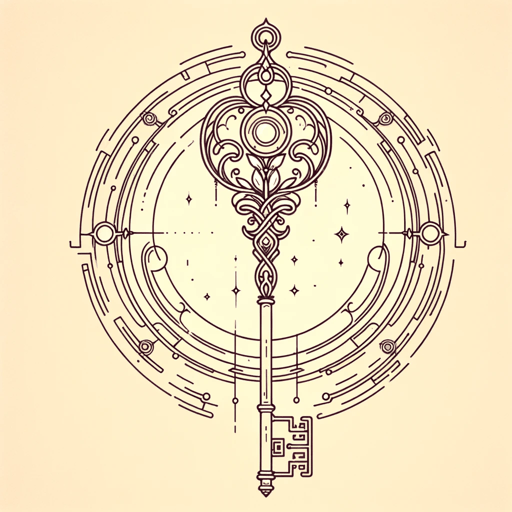75 pages • 2 hours read
Neil Gaiman, Terry PratchettGood Omens: The Nice and Accurate Prophecies of Agnes Nutter, Witch
Fiction | Novel | Adult | Published in 2015A modern alternative to SparkNotes and CliffsNotes, SuperSummary offers high-quality Study Guides with detailed chapter summaries and analysis of major themes, characters, and more. For select classroom titles, we also provide Teaching Guides with discussion and quiz questions to prompt student engagement.
Important Quotes
“I mean, pointing out the Tree and saying ‘Don’t Touch’ in big letters. Not very subtle, is it? I mean, why not put it on top of a high mountain or a long way off? Makes you wonder what He’s really planning.”
(Prologue, Page 4)
Crowley points out a basic fallacy in God’s attitude with respect to Original Sin and Adam and Eve’s banishment from the Garden of Eden. It’s a question that theologians have struggled to answer, and atheists have used as evidence of religion’s absurdity. It seems a cruel paradox that the Almighty, benevolent and all wise, would instill humanity with a natural curiosity and then tempt them with knowledge to see if they would choose ignorance.
“But Crowley remembered what Heaven was like, and it had quite a few things in common with Hell.”
(Chapter 1, Page 23)
One of the novel’s running themes is the fine line between good and evil. Crowley, once a denizen of Heaven, is well positioned to make the comparison: “You couldn’t get a decent drink in either of them, for a start” (23). The meaning is clear: strict lines between the two are arbitrary, and the moral canyon is often much narrower than purists would have us believe.
“Oh, he did his best to make their short lives miserable, because that was his job, but nothing he could think up was half as bad as the stuff they thought up themselves.”
(Chapter 1, Page 83)
Pratchett and Gaiman take a dim view of humanity. Humans need minimal demonic interference to make Earth a hellscape. War, greed, environmental destruction, and bigotry are all manmade evils. The authors toy with the basic theological question: Is humanity inherently good or evil? Since both Crowley and
Related Titles
By these authors

American Gods
Neil Gaiman

Anansi Boys
Neil Gaiman

Coraline
Neil Gaiman

Discworld
Terry Pratchett

Dodger
Terry Pratchett

Fortunately, the Milk
Neil Gaiman

How to Talk to Girls at Parties
Neil Gaiman

Monstrous Regiment
Terry Pratchett

Mort
Terry Pratchett

Nation
Terry Pratchett

Neverwhere
Neil Gaiman

Norse Mythology
Neil Gaiman

October in the Chair
Neil Gaiman

Small Gods
Terry Pratchett

Stardust
Neil Gaiman

The Amazing Maurice and His Educated Rodents
Terry Pratchett

The Color of Magic
Terry Pratchett

The Graveyard Book
Neil Gaiman

The Ocean at the End of the Lane
Neil Gaiman

The Sandman Omnibus Vol. 1
Neil Gaiman

